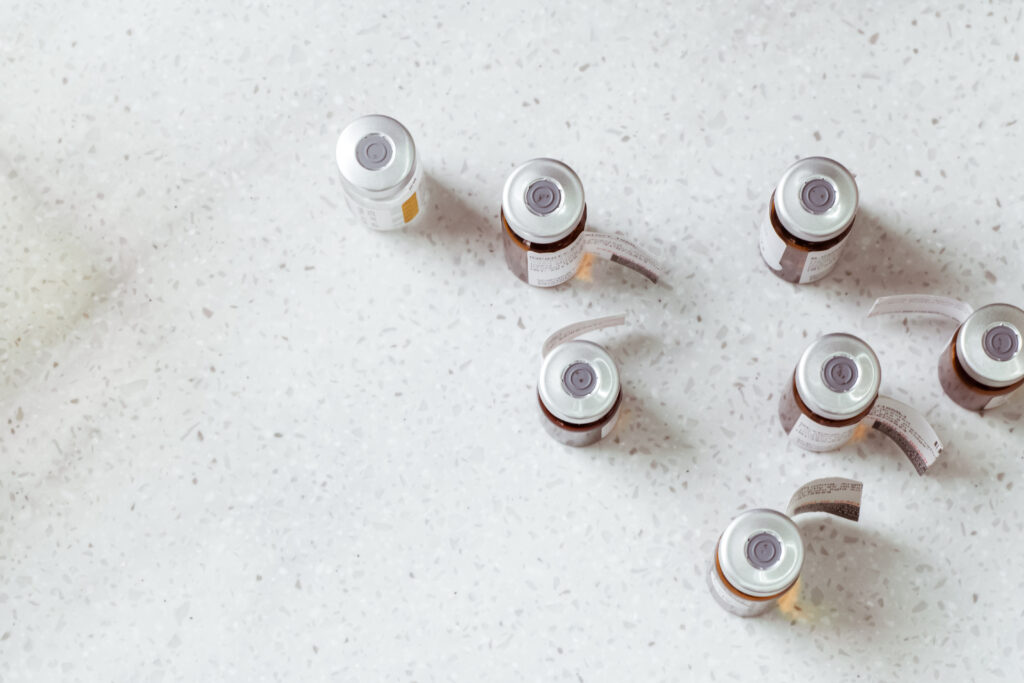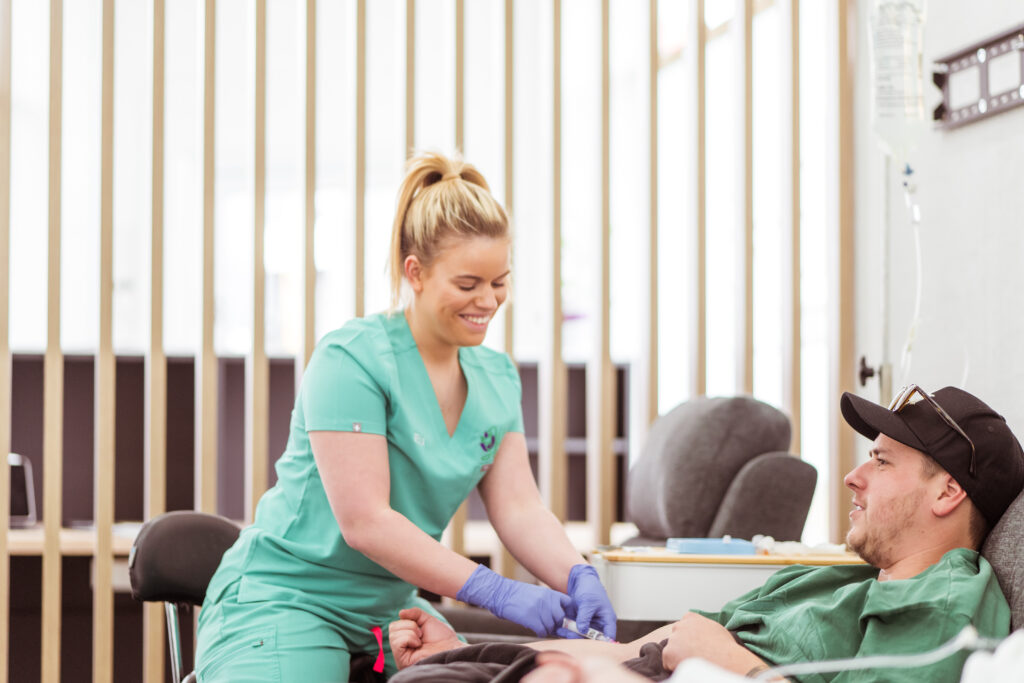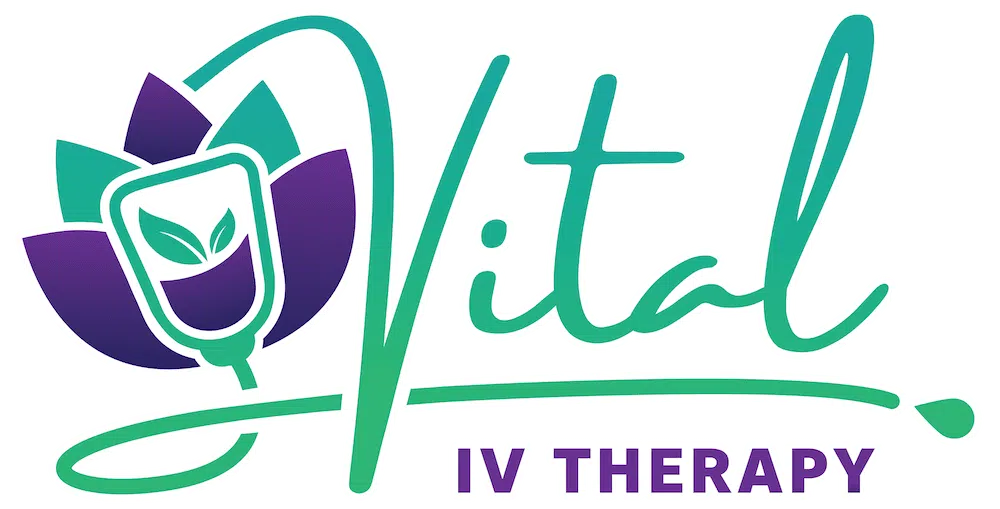In today’s fast-paced world, the pursuit of improved health and well-being is a priority for many. One approach that has gained popularity in recent years is Intravenous (IV) therapy, which involves the direct administration of fluids and nutrients into the bloodstream. IV therapy is not only used in clinical settings but has also become a sought-after option for individuals looking to boost their energy levels, enhance their immune system, and improve overall well-being.

IV Drips and Nutrient Infusions
IV therapy for wellness and energy boosts typically involves the use of IV drips with ingredients such as vitamin C, B vitamins, and essential minerals. These nutrients are believed to play a vital role in various bodily functions, and their administration through IV therapy is thought to offer distinct advantages over traditional oral supplementation.
Vitamin C: A well-known antioxidant, vitamin C is crucial for immune function, collagen production, and overall health. Research has shown that intravenous vitamin C can lead to higher blood concentrations of the vitamin than oral supplementation, potentially enhancing its benefits (Carr & Maggini, 2017).
B Vitamins: B vitamins, including B1 (thiamine), B2 (riboflavin), B3 (niacin), B5 (pantothenic acid), and B6 (pyridoxine), are essential for energy metabolism. IV therapy may offer a faster and more effective way to replenish these vital nutrients in the body (Kennedy, 2016).
Minerals: Key minerals like magnesium, calcium, and zinc are integral to many bodily processes, including muscle function and immune support. Intravenous delivery allows for precise control over mineral levels in the bloodstream (Volpe, 2013).
Boosting Energy Levels
Many individuals turn to IV therapy as a means of enhancing their energy levels. The rationale is that by directly infusing the body with essential nutrients, one can optimise energy production and overall vitality. While more research is needed to fully substantiate these claims, some studies have suggested potential benefits.
A study published in the “Research in Sports Medicine” investigated the effects of elevated blood glucose and insulin levels in athletes following an ultramarathon race. The research found significant changes in glucose and insulin levels, highlighting the impact of extreme physical exertion (Nikolaidis et al., 2007).
Enhancing Immune Function
The immune system is the body’s primary defence mechanism against infections and illnesses. Vitamin C, known for its immune-boosting properties, is often a key component of IV therapy for immune enhancement.
Research in the “Cochrane Database of Systematic Reviews” has reviewed the use of vitamin C for preventing and treating the common cold. The analysis indicates that vitamin C may have a role in reducing the duration and severity of colds (Hemilä & Chalker, 2013).
Overall Well-being
The pursuit of overall well-being is a common motivation for seeking IV therapy. The belief is that a balanced intake of essential nutrients can promote optimal health and vitality. However, it’s important to note that individual responses to IV therapy can vary, and not all individuals will experience the same benefits.

Conclusion
IV therapy for wellness and energy boosts has become a trending topic in the realm of health and wellness. While there is promising research on the benefits of intravenous nutrients such as vitamin C and B vitamins, it is essential to approach IV therapy with caution. Consultation with a qualified healthcare provider is crucial to determine the appropriateness of IV therapy for individual health goals.
References:
Carr, A. C., & Maggini, S. (2017). Vitamin C and Immune Function. Nutrients, 9(11), 1211.
Kennedy, D. O. (2016). B Vitamins and the Brain: Mechanisms, Dose and Efficacy—A Review. Nutrients, 8(2), 68.
Volpe, S. L. (2013). Magnesium and the Athlete. Current Sports Medicine Reports, 12(4), 201-204.
Nikolaidis, M. G., Kyparos, A., Hadziioannou, M., Panou, N., & Samaras, L. (2007). Elevated Blood Glucose and Insulin Levels in Athletes Following an Ultramarathon Race. Research in Sports Medicine, 15(3), 171-176.
Hemilä, H., & Chalker, E. (2013). Vitamin C for preventing and treating the common cold. Cochrane Database of Systematic Reviews, 1(1), CD000980.
